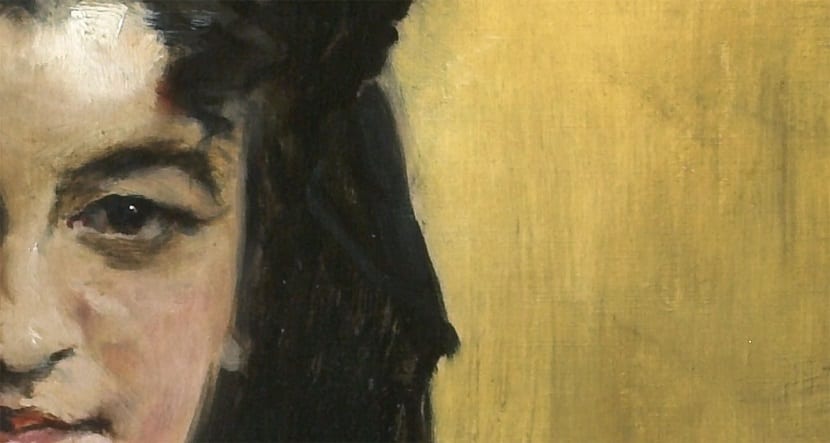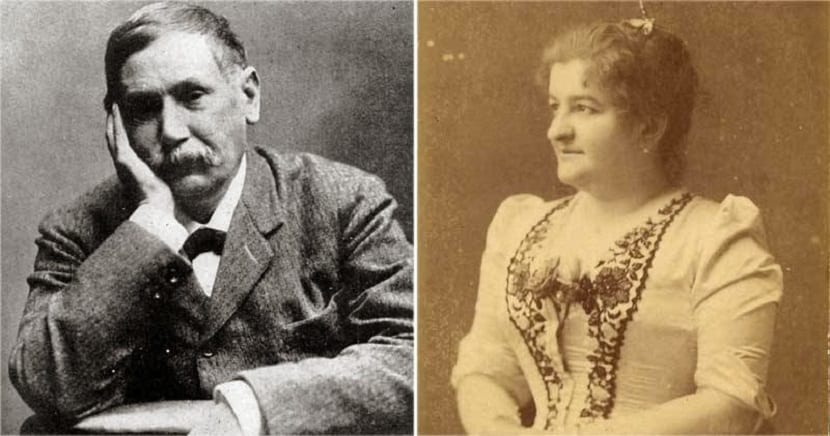A couple of days ago the anniversary of the birth of one of our most important writers was celebrated: Emilia Pardo Bazán. Born in La Coruna, in the year 1851, belonged to an aristocratic family. She was a woman of enormous prestige for her time. He made numerous trips and met great authors such as Victor Hugo or Zola.
She separated from her husband and started a love affair with Benito Pérez Galdós. She directed the literature section of the Athenaeum and in 1916 she was appointed a professor at the University of Madrid. He died in 1921, also in Madrid.
It belonged to Realism
Development Realism It was the triumph of the novel, a genre that made it possible to portray reality in a reliable way. The most representative novelists of this time were Galdós, Juan Valera, Leopoldo Alas "Clarín" and Emilia Pardo Bazán. The latter belonged specifically to Naturalism, a derivation of Realism that appeared in Spain around 1880 with the publication of "The Disinherited" de Galdós.
Emilia Pardo Bazán was the main defender in Spain of the Naturalism. In the case of this author, this movement is framed in Catholicism. Thus, Zola's naturalistic determinism is only apparent and subordinate to man's ability to overcome him through faith, which elevates him above all other creatures. Among his novels, they stand out above all "The pazos de Ulloa" (1886) and "Mother nature" (1887), both developed in rural environments of Galicia that make up closed worlds dominated by passions.
Famous phrases
And now, we are going to celebrate the birth of this author who left us so many good phrases for history. Some of them are the following:
- "I have as important among all the concept that the novel is no longer a work of mere entertainment, a way to pleasantly deceive a few hours, amounting to social, psychological, historical study, but ultimately study."
- «The misfortune of modern man is to be both selfish and sensitive; selfish enough to give in to his passions, sensitive enough to suffer as he witnessed the havoc they wreaked on someone else's fate. Because it was interior and carefully hidden, Felipe's struggle was no less violent, nor was his unease less. To tell the truth, that very special state cannot be called a struggle: there is a struggle itself, when the will fluctuates between two solutions ».
- “We don't choose our feelings, they come to us, they grow up like the weed that nobody plants and that floods the earth. And feelings sometimes indulge in childishness of no apparent value, in fact extremely eloquent, revealing of psychological truth, as certain mild symptoms denounce fatal diseases ».
- «A priest can do all the bad things in the world. If we had the privilege not to sin, we were fine; we had been saved at the very moment of the ordination, which was not a weak bargain. Indeed, ordination imposes narrower duties on us than on other Christians, and it is doubly difficult for one of us to be good. And to be so in the way that the path of perfection that we must enter when ordaining ourselves as priests would require, it is necessary, apart from our efforts, that the grace of God help us. There is nothing.
- "The dictatorship is like an aria and never becomes an opera."
- "The day" some gentlemen "told Amparo that she was pretty, the wandering girl was aware of her sex: until then she had been a boy in skirts. Nor did anyone consider her otherwise: if some rogue on the street reminded her that she was part of the most beautiful half of the human race, she did it half with her cheeks, and she rejected with fists, if not with kicks and bites, the barbarian compliment. All things that did not take away his sleep or appetite.
- "It is absurd for a people to pin their hopes of redemption and fortune on forms of government they do not know.
- "The education of women cannot be called such education, but training, since obedience, passivity and submission are finally proposed."
- "Physical education makes women increase in stature and vigor and enriches their blood."
- «By the mouth we usually die like simple fish, and it is not the death of a wise man, but of a brute, cold and clumsy animal».

